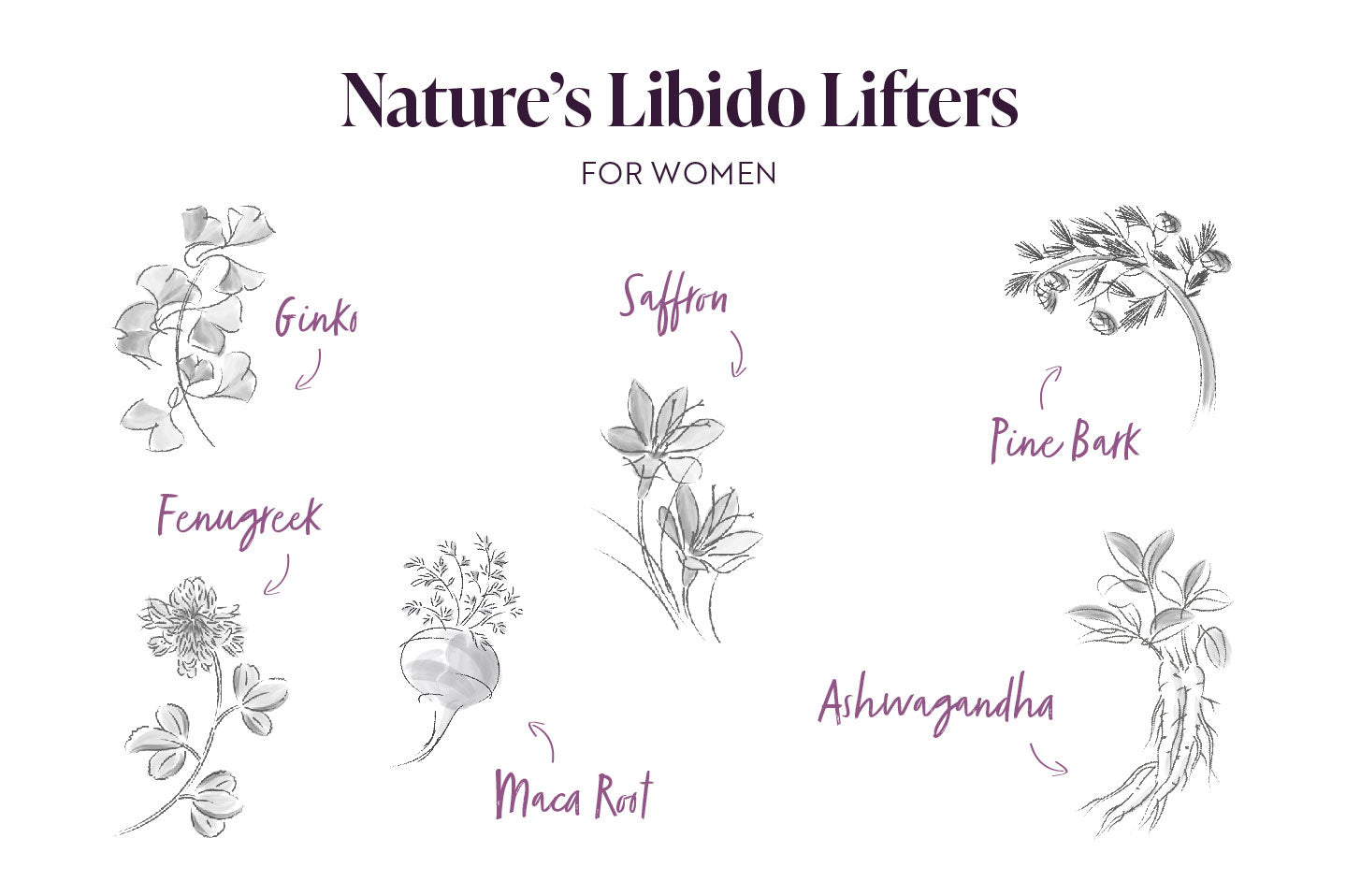
Brahmi has long been used in ancient Ayurvedic practices but today this impressive herb has been the spotlight of growing research supporting cognitive health. We unlock the science behind this powerful botanical.
- Brahmi has shown to aid cognitive enhancement of working memory and attention.
- Research suggests brahmi may be able to improve symptoms of mild cognitive impairment.
- Mild cognitive impairment impacts around 15-20% of those over 65 years of age.
- Brahmi works by increasing the brain cells in areas of the brain responsible for memory as well as inhibiting acetylcholinesterase.
Bacopa monnieri, otherwise known as Brahmi, has been used for centuries in Asia for Ayurvedic medicine as a brain tonic to aid longevity and cognitive function, specifically the enhancement of working memory and attention which has established it as a modern-day nootropic.
Brahmi thrives in wet and humid conditions, which is why it is found predominately in Asia, but what makes brahmi such a unique herb is its potent bioactive compounds found within. Saponins, namely bacosides A and B have been attributed to the memory enhancing properties, but this powerful herb contains a multitude of compounds such as, D-mannitol, betulic acid, alkaloids and stigmasterols.
The reason why brahmi has established itself as this wonderful natural nootropic, is due to its ability to show remarkable improvements in randomised controlled trials, which compare a placebo vs an experimental method.
Mild Cognitive Impairment
Research suggests brahmi may be able to improve symptoms of mild cognitive impairment (MCI). MCI is something seen mainly in people over 65 years with approximately 15-20% of those over 65 suffer from MCI. Symptoms associated with MCI are increased cognitive impairment, such as short-term memory loss and being unable to focus for a short amount of time, leading to confusion and panic.
MCI is also the first sign of a neurological condition. Individuals with MCI are more likely to go on to develop a condition that is irreversible, such as dementia. In the UK an estimated 850,000 people currently live with dementia, with the NHS spending over £4bn per year on neurological conditions.
Detecting cognitive impairment, such as MCI in its earliest stages can help individuals with the condition. What has been shown is that MCI is transient, meaning you may be able to reduce the symptoms and improve the ability to concentrate and remember all those important things.
The Science
So how does brahmi fit into all of this?
First, we need to understand how brahmi exerts its cognitive potential and explain the potential mechanisms it possesses. Research has shown that brahmi may improve the availability of neurons within the hippocampus, a vital part of the brain that controls memory and our learning capability. Another key mechanism of brahmi involved in cognitive function is its ability to inhibit acetylcholinesterase.
Acetylcholinesterase is responsible for the breakdown of acetylcholine, which is a vital neurotransmitter within the parasympathetic nervous system - part of the autonomic nervous system that controls all the actions our body does subconsciously such as going to the toilet, our blood flow and even heart rate.
Acetylcholinesterase will break acetylcholine back into choline and acetate, which can then be recycled back into acetylcholine to be used again. Low levels of acetylcholine have been shown to be prevalent in neurological conditions, for example, Alzheimer’s disease and Parkinson’s disease. The common treatment is to prescribe acetylcholinesterase inhibitors to prevent the further breakdown of available acetylcholine.
By inhibiting this enzyme, it allows the available acetylcholine to increase its duration and level of action within the central nervous system, thus providing more to the areas of the brain in need.
Brahmi is a natural alternative to these medications. In one study, researchers took healthy elderly volunteers and split them into three groups: placebo, supplementation with 300mg and 600mg of brahmi extract. Supplementation of the brahmi extract was administered for 12 weeks with a four week follow up. Interestingly, the group who took 300mg had the most improved score for continuity of attention and the quality of working memory whilst participants who supplemented with 600mg showed little or no change. The most significant improvements in the 300mg group were present between 8-12 weeks and this level was maintained after a four-week delay period with no supplementation.
Summary
A revered ancient herb, brahmi has shown its potential health benefits in modern science. Research has shown that supplementation of brahmi extract may improve memory and concentration in under 12 weeks, providing encouraging results as a potential brain health supplement. Finding natural methods to combat cognitive impairment is a key consideration to improving the quality of life.
References
- Simpson T, Pase M, Stough C. Bacopa monnieri as an Antioxidant Therapy to Reduce Oxidative Stress in the Aging Brain. Evid Based Complement Alternat Med. 2015;2015:615384. doi:10.1155/2015/615384
- Kashmira J. Gohil, Jagruti A. Patel (2009) A review on Bacopa monniera: Current research and prospects, International Journal of Green Pharmacy
- Tatimah Peth-Nui, Jintanaporn Wattanathorn, Supaporn Muchimapura, et al., “Effects of 12-Week Bacopa monnieri Consumption on Attention, Cognitive Processing, Working Memory, and Functions of Both Cholinergic and Monoaminergic Systems in Healthy Elderly Volunteers,” Evidence-Based Complementary and Alternative Medicine, vol. 2012, Article ID 606424, 10 pages, 2012.
- Kongkeaw, C. Dilokthornsakul, P. Thanarangsarit, P. Limpeachob, N. Scholfield, N. Meta-analysis of randomized controlled trials on cognitive effects of Bacopa monnieri extract. Journal of Ethnopharmacology (2013), http://dx.doi.org/10.1016/j.jep.2013.11.008i
- Raghav S, Singh H, Dalal P K, Srivastava J S, Asthana O P. (2006) Randomized controlled trial of standardized Bacopa monniera extract in age-associated memory impairment. Indian J Psychiatry 2006;48:238-42
Author: Phil Beard, MSc, BSc (Hons), is a Technical Educator at Viridian Nutrition. He holds a MSc in Nutritional Science and Health and BSc in Sports Science and Conditioning.







